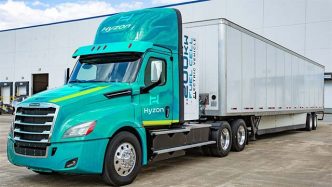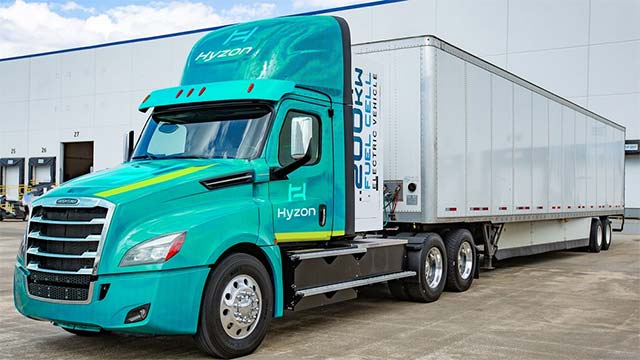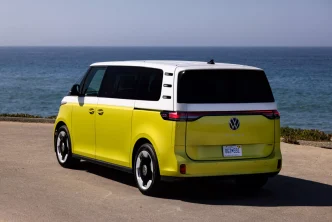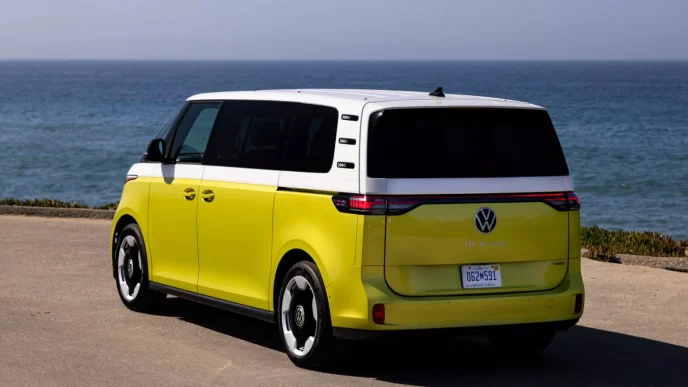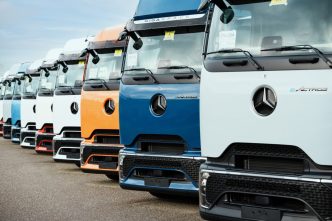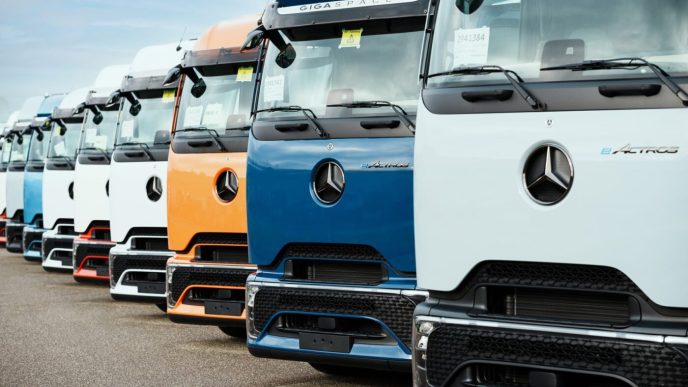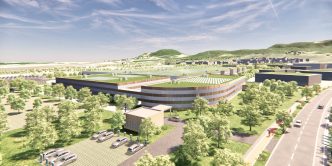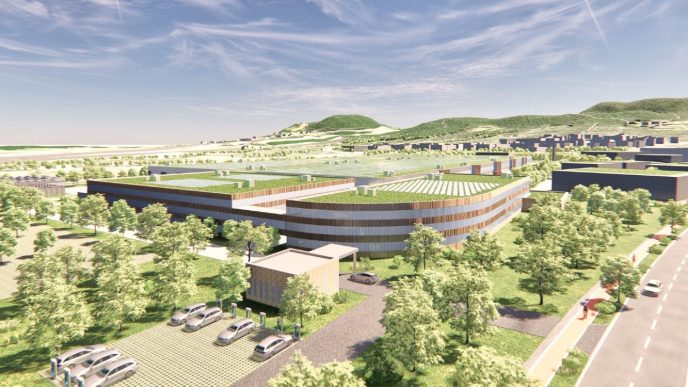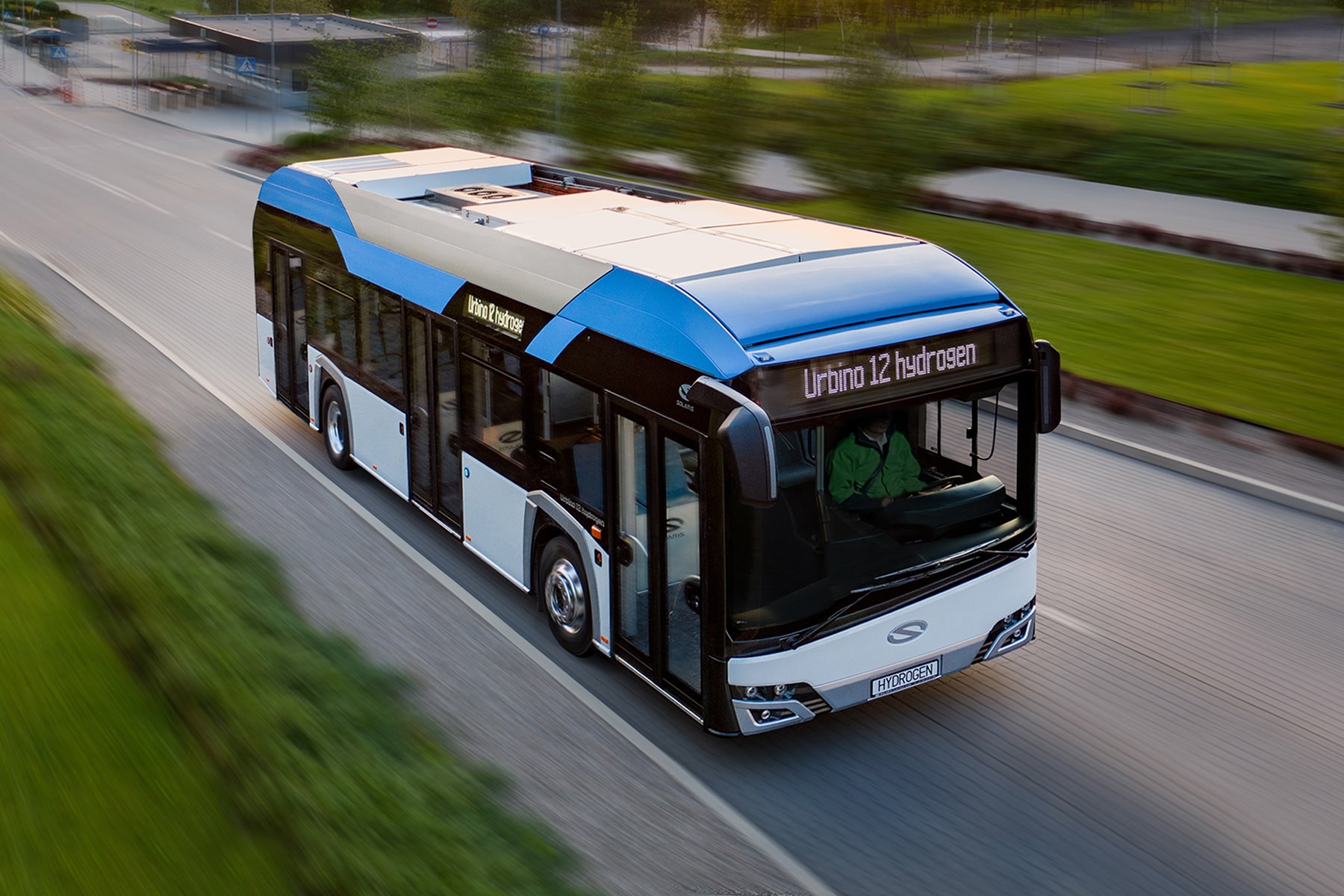Hyzon Motors, a US-based fuel cell commercial vehicle manufacturer, is preparing to dissolve and liquidate its operations following a decision by its board of directors.
The company disclosed the decision in a filing with the US Securities and Exchange Commission (SEC), citing severe financial difficulties. This announcement comes shortly after Hyzon issued a warning to employees about impending redundancies under the Worker Adjustment and Retraining Notification Act (WARN Act).
The challenges faced by Hyzon have escalated significantly in recent months. In July 2024, the company exited its European and Australian markets, citing unfavorable market conditions. By December, Hyzon had notified employees of potential workforce reductions by February 2025 unless it secured additional funding or a buyer.
The company attributed its struggles not only to difficulties in raising capital but also to uncertainties surrounding state subsidies, particularly California’s Hybrid and Zero-Emission Truck and Bus Voucher Incentive Project. The lack of clarity in subsidy availability reportedly led customers to delay or cancel purchase decisions, further exacerbating Hyzon’s financial woes.
In its SEC disclosure, Hyzon outlined a plan for liquidation and dissolution, subject to shareholder approval. The proposal includes transferring assets to creditors and pursuing potential funding sources to maximize the value of its remaining business and assets. Shareholders will vote on the plan at an upcoming Extraordinary General Meeting. Meanwhile, Chief Restructuring Officer Glenn Kushiner has been tasked with exploring strategic alternatives to preserve the company’s value.
Founded in 2020 as a spin-off of Singapore-based Horizon Fuel Cell Technologies, Hyzon initially operated out of New York before relocating its headquarters to Illinois in 2023. The company, which once employed 355 people globally, faced mounting financial challenges despite efforts to raise cash, including the sale of its New York property.
Hyzon specialized in retrofitting Daimler Truck’s Freightliner Cascadia for the US market and recently introduced a new 200 kW fuel cell stack. Its most recent project, a fuel cell-powered refuse collection vehicle based on Daimler Truck’s Econic model, had entered customer trials in November. However, the company’s innovations and projects have been overshadowed by its inability to sustain operations, leaving its future uncertain.

